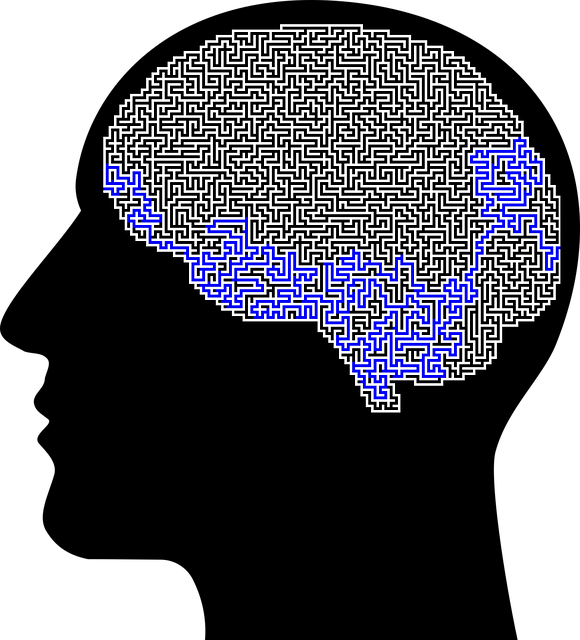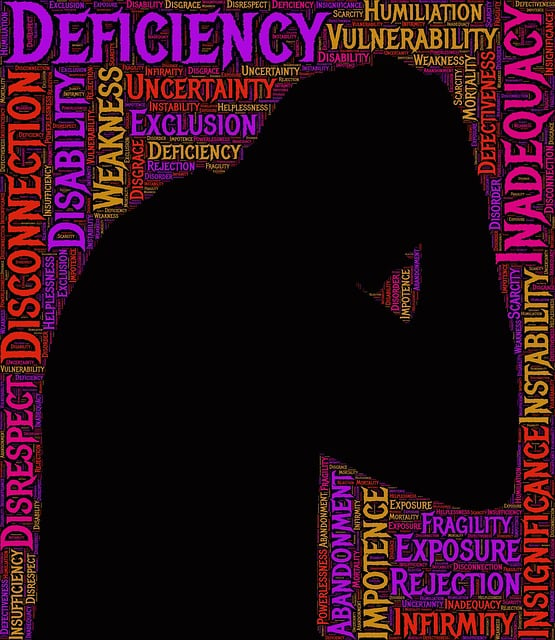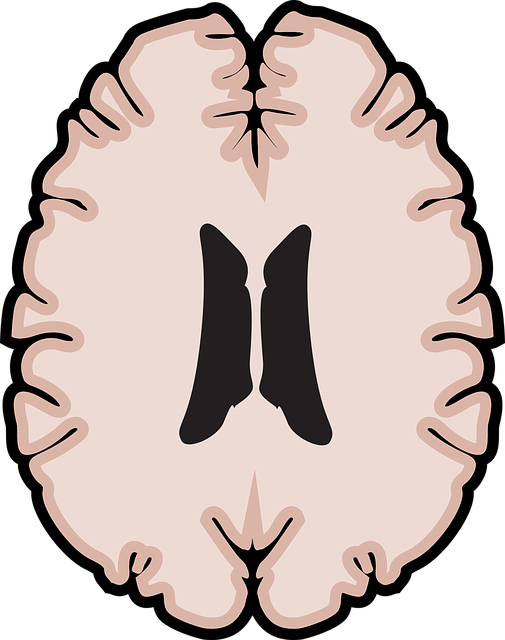Colorado Springs has established itself as a leader in mental wellness, focusing on drug and substance abuse therapy while breaking down stigma through innovative communication. Evaluating these programs involves multi-faceted approaches, including structured interviews, self-report questionnaires, and policy analysis. The impact is measured both directly (e.g., reduced substance use) and indirectly (stigma reduction), with participant feedback crucial for improvement. A balanced approach using qualitative and quantitative methods provides a holistic evaluation, enhancing program outcomes. Continuous feedback from participants and stakeholders ensures Colorado Springs Drug Abuse-Substance Abuse Therapy centers maintain a dynamic, effective support system for mental health needs.
In Colorado Springs, mental wellness programs play a pivotal role in addressing growing concerns related to drug abuse and substance use disorders. This article explores effective evaluation methods for these critical initiatives. We delve into identifying successful strategies, assessing the impact of substance abuse therapy, and understanding the nuances between qualitative and quantitative assessments.
Through a comprehensive review, we highlight continuous improvement techniques fueled by program feedback, offering insights into enhancing mental health support in Colorado Springs.
- Understanding Mental Wellness Programs in Colorado Springs
- Identifying Effective Evaluation Methods
- Assessing the Impact of Substance Abuse Therapy
- Qualitative vs Quantitative Assessment Techniques
- Continuous Improvement Through Program Feedback
Understanding Mental Wellness Programs in Colorado Springs

Colorado Springs, a vibrant city known for its stunning landscapes and bustling community, has become a hub for mental wellness initiatives. The city’s programs focus on addressing various aspects of mental health, including Colorado Springs drug abuse and substance abuse therapy. These efforts aim to create a supportive environment where individuals can seek help without the barrier of stigma associated with mental illness.
The Mental Illness Stigma Reduction Efforts in Colorado Springs involve innovative communication strategies that foster open dialogue about mental health concerns. By breaking down these barriers, the community encourages individuals to prioritize their self-care routine development for better mental health. This holistic approach ensures that residents have access to resources tailored to their unique needs, promoting overall well-being and fostering a more inclusive society.
Identifying Effective Evaluation Methods

Evaluating mental wellness programs is a multifaceted process that requires careful consideration of various evaluation methods. To identify effective approaches, it’s crucial to assess the program’s goals and target population. For instance, a Colorado Springs Drug Abuse-Substance Abuse Therapy program might focus on reducing substance use and improving patients’ overall well-being. Here, structured interviews, self-report questionnaires, and clinical assessments can gather valuable data on participants’ progress, treatment adherence, and emotional states.
Incorporating Mental Health Policy Analysis and Advocacy ensures that the evaluation goes beyond individual outcomes. It involves examining the program’s alignment with broader mental health policies and its potential impact on systemic changes. Additionally, Social Skills Training may be integrated into the evaluation framework to assess improvements in interpersonal interactions and communication, which are essential components of emotional intelligence. These combined methods provide a comprehensive view, enabling stakeholders to make informed decisions and enhance the overall effectiveness of mental wellness initiatives.
Assessing the Impact of Substance Abuse Therapy

Evaluating the impact of Substance Abuse Therapy is a multifaceted process that goes beyond mere numbers and statistics. It involves measuring changes in individuals’ lives, such as reduced substance use, improved relationships, and increased employment rates, reflecting successful Colorado Springs Drug Abuse treatment outcomes. This holistic approach considers both direct behavioral changes and indirect benefits like Mental Illness Stigma Reduction Efforts and enhanced Mental Health Awareness stemming from therapy participation.
Effective assessment methods for Substance Abuse Therapy in Colorado Springs should incorporate feedback from participants through surveys and interviews, as well as observation of their progress in aftercare programs. By examining these factors, mental health professionals can gain valuable insights into the program’s effectiveness, inform improvements, and ultimately contribute to the design of successful Mental Health Education Programs that address substance abuse and related Mental Illness stigma reduction efforts.
Qualitative vs Quantitative Assessment Techniques

In evaluating mental wellness programs, particularly those focusing on substance abuse recovery in Colorado Springs, a key consideration is the choice between qualitative and quantitative assessment techniques. Qualitative methods, such as interviews and focus groups, offer deep insights into participants’ experiences and perceptions, helping to understand individual journeys and the impact of therapy. These techniques are invaluable for uncovering nuanced aspects of mental health, including barriers to recovery and personal growth.
Quantitative assessments, on the other hand, provide measurable data and statistics that allow for comprehensive comparisons and trend analyses. Surveys, ratings scales, and standardized tests can gauge improvements in symptoms, such as stress levels or self-awareness exercises, over time. Integrating both qualitative and quantitative approaches ensures a holistic understanding of program effectiveness. For instance, while Mental Health Education Programs Design might enhance self-management skills through quantitative metrics, the personal stories revealed through qualitative assessments highlight the transformative power of Colorado Springs Drug Abuse-Substance Abuse Therapy on individual lives.
Continuous Improvement Through Program Feedback

In the ongoing pursuit of enhancing mental wellness programs, continuous improvement is paramount. Feedback from participants and stakeholders plays a pivotal role in this process. At Colorado Springs Drug Abuse-Substance Abuse Therapy centers, for instance, regular assessment of program effectiveness ensures that services remain relevant and impactful. By gathering insights from those who directly engage with the programs, therapists, counselors, and support staff can identify areas needing refinement, whether it’s refining therapy techniques, updating resources, or enhancing crisis intervention guidance. This iterative approach allows for a more adaptive and responsive ecosystem, catering to the evolving needs of individuals seeking mental illness stigma reduction efforts and anxiety relief.
Furthermore, integrating feedback into program evaluation encourages a culture of learning and growth. It enables professionals to share best practices, adapt strategies, and continuously improve outcomes, ultimately fostering a more robust and effective support system. This dynamic approach is crucial in managing not only substance abuse therapy but also in providing holistic care that addresses broader mental health concerns, including anxiety relief and crisis intervention guidance.
Evaluating mental wellness programs, especially those focusing on substance abuse therapy in Colorado Springs, is vital for ensuring their effectiveness and impact. By employing a combination of qualitative and quantitative assessment techniques, such as client feedback, clinical outcomes measurement, and statistical analysis, these programs can gauge success and identify areas for improvement. Continuous improvement through program feedback loops not only enhance service quality but also contribute to the overall well-being of individuals seeking support in Colorado Springs, ultimately fostering a healthier community.














